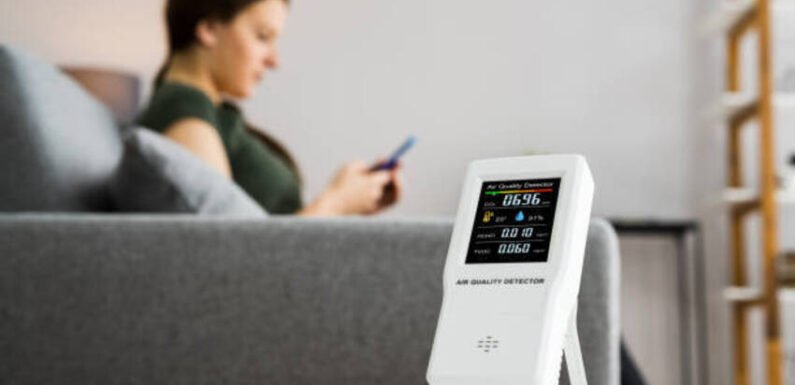
Radon is a dangerous gas found in many homes. It is invisible and odorless. Long exposure can cause serious health problems. The only way to detect radon is by using a detector. Choosing the right detector is very important. This guide will help you pick the Best Radon Detector for your home.
Why radon testing matters
Radon is a natural gas that comes from soil and rocks. It can enter homes through small cracks. Breathing radon over time increases lung cancer risk. Testing your home helps you stay safe. A detector gives early warnings and peace of mind.
Types of radon detectors
There are two main types of radon detectors. Each has its own benefits and limits.
Short-term detectors
These detectors measure radon for a few days. They give quick results. They are useful for first checks. But they may not show long-term levels.
Long-term detectors
These measure radon for several months. They provide more accurate results. They are better for ongoing monitoring. Many homeowners prefer them for peace of mind.
Features to look for
When buying a detector, focus on key features.
- Accuracy – Choose a detector with proven reliability.
- Ease of use – Pick one with a clear display and simple setup.
- Response time – Faster results mean quicker action.
- Data storage – Some models keep a history of radon levels.
- Alerts – Good detectors send alarms if levels are high.
- Power source – Check if it uses batteries or electricity.
Digital vs. passive detectors
Digital detectors show results in real-time. They are easy to read and often come with alerts. Passive detectors, like charcoal kits, are cheaper. But they require sending samples to a lab. If you want fast updates, digital is better. If you want low cost, passive is fine.
Smart radon detectors
Modern detectors can connect to smartphones. They send updates through apps. This helps you track radon even when away. Some also connect with smart home systems. They give instant warnings if danger rises.
Placement of radon detectors
Where you place the detector matters. Put it in the lowest level of your home. Basements are common areas with higher radon. Avoid placing detectors near windows or vents. Airflow can affect readings. Always follow manufacturer guidelines for best results.
Cost considerations
Radon detectors vary in price. Short-term kits are cheaper, often under $30. Digital and smart detectors cost more. Some may reach $200 or more. But paying more often means better accuracy and long-term value. Think of it as an investment in health.
Certification and reliability
Always check if the detector is certified. Certified devices meet testing standards. This ensures the results are trustworthy. Look for approval from agencies like the EPA. Reviews from other buyers also help confirm reliability.
Maintenance and lifespan
Some detectors need regular calibration. Others may need battery replacements. Check how long the detector will last. Many digital models work for years. A durable device saves money over time.
When to test your home
You should test your home at least once a year. Test more often if you live in high-radon areas. Also, test after home renovations. New cracks can change radon levels. Consistent testing ensures your family stays safe.
Choosing the Best Radon Detector
The Best Radon Detector is one that fits your needs. If you want quick checks, use short-term kits. If you want accuracy, choose digital or long-term devices. Smart detectors are best for tech-savvy families. Always balance cost, features, and reliability.
Extra safety steps
A detector is only the first step. If radon levels are high, call professionals. They can install systems to lower radon. Ventilation and sealing cracks also help. Safety requires both monitoring and action.
Conclusion
Radon is a silent danger. Testing your home is the only way to detect it. Choosing the Best Radon Detector ensures you get accurate and fast results. Look for features like accuracy, alerts, and certification. Pick a detector that matches your budget and lifestyle. With the right device, you can protect your family and breathe safely.
Tech World Times (TWT), a global collective focusing on the latest tech news and trends in blockchain, Fintech, Development & Testing, AI and Startups. If you are looking for the guest post then contact at techworldtimes@gmail.com

